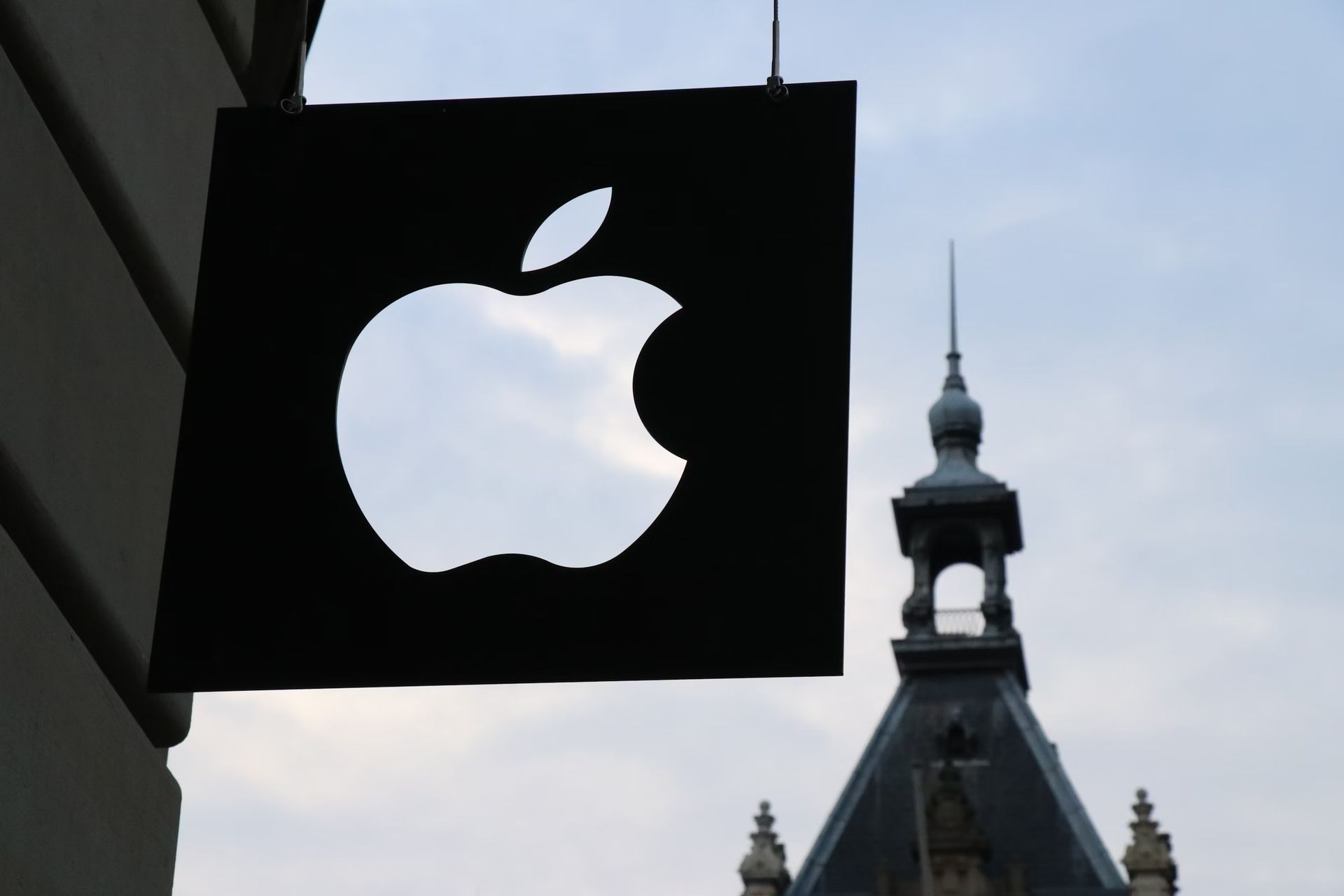- Apple acquires DarwinAI, focusing on enhancing AI systems’ efficiency and signaling a strong push towards on-device AI implementation by 2024.
- The move aligns with Apple’s privacy commitment, aiming to run AI algorithms on devices to secure user data, reduce latency, and enable offline AI functionalities.
- Amidst bolstering its AI division with DarwinAI’s team, Apple leads in AI startup acquisitions, positioning itself for a significant reveal of AI advancements, including the MM1 project, in the near future.
Apple’s recent acquisition of an AI startup sheds light on the corporation’s strategic direction for artificial intelligence come 2024. DarwinAI, a Canadian enterprise specializing in visual quality inspection, has crafted methodologies to streamline and enhance the efficiency of AI systems.
How will Apple progress in the AI race in 2024?
Tim Cook, Apple’s CEO, has pledged to unveil further insights into Apple’s AI progress in 2024. This move to acquire a company known for optimizing AI operations on compact devices suggests Apple’s intention to implement AI models directly on devices.
Running AI algorithms directly on devices dovetails with Apple’s commitment to privacy, ensuring users’ data remains on their devices rather than being transmitted to cloud servers. This method enhances user privacy, decreases response times, and allows for the operation of AI functionalities offline.
While Siri’s on-device functionality on iPhones exemplifies Apple’s existing capabilities in on-device AI, the tech giant has yet to lead in the advent of generative AI tools. These tools necessitate large language models (LLMs) and the infrastructure to produce content from such models, an area where Apple has seen slower progress compared to its aspirations.
Optimized, pre-trained models that maintain efficiency are ideal for on-device AI execution. Achieving this involves refining AI models to reduce their size and complexity without sacrificing their effectiveness. The deployment of GPUs and bespoke chips, like Apple’s Neural Engine, acts as a proof to the push for accelerated AI processing.

DarwinAI’s acquisition by Apple seems to underscore a focus on this very optimization for on-device application, suggesting a strategic move to bolster Apple’s capabilities in this area. Following the acquisition earlier this year, a significant number of DarwinAI’s team has transitioned to Apple’s AI division, a move reported by Bloomberg sources seeking anonymity due to the acquisition not being formally disclosed.
Dr. Alexander Wong, a co-founder of DarwinAI, has assumed the role of Director of Machine Learning Research at Apple since January, hinting at the acquisition’s timeframe. Apple’s aggressive strategy of integrating innovative technologies, research, and expertise from various startups into its ecosystem was evident in 2023. It led the pack in AI startup acquisitions, with a tally of 32, outstripping Google, Meta, and Microsoft.
Given Apple’s lag in the AI race and its reticent approach to disclosing plans, each acquisition, especially in AI, stirs considerable attention and speculation about the company’s future direction. In addition to this strategic acquisition, Apple’s research division recently unveiled a document that illuminates the company’s progress with MM1, a collection of cutting-edge multimodal large language models.
Featured image credit: Laura Chouette/Unsplash





